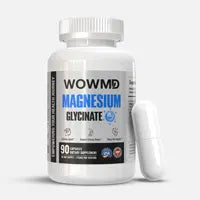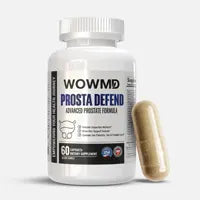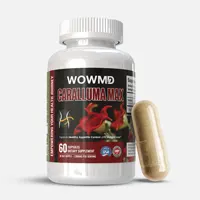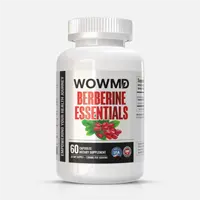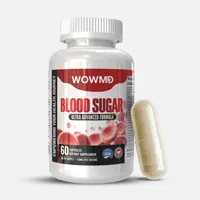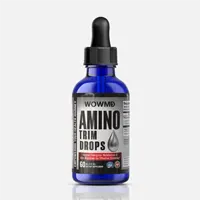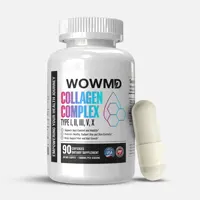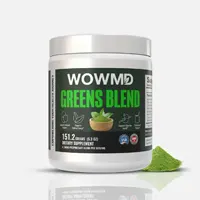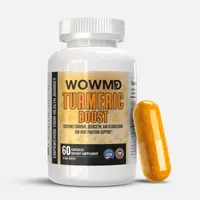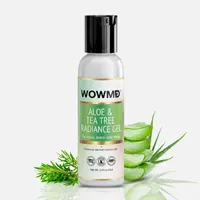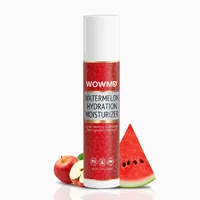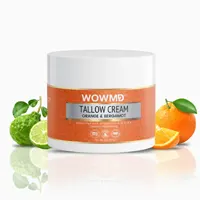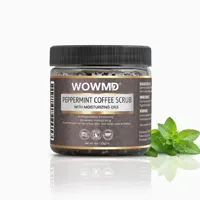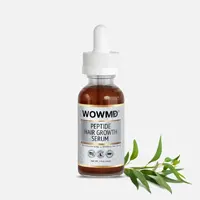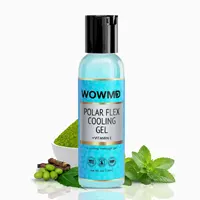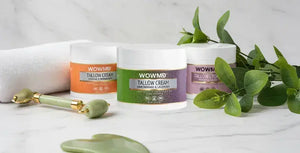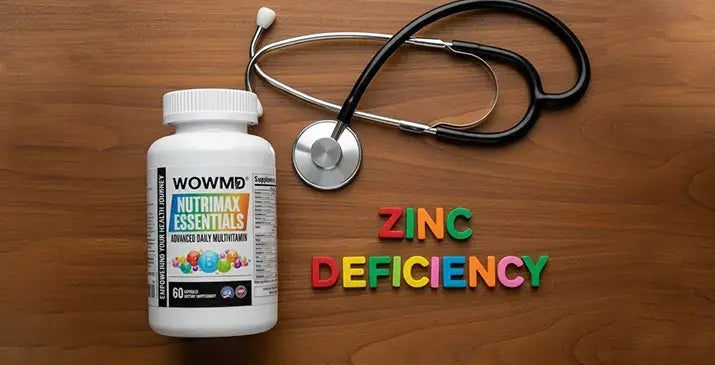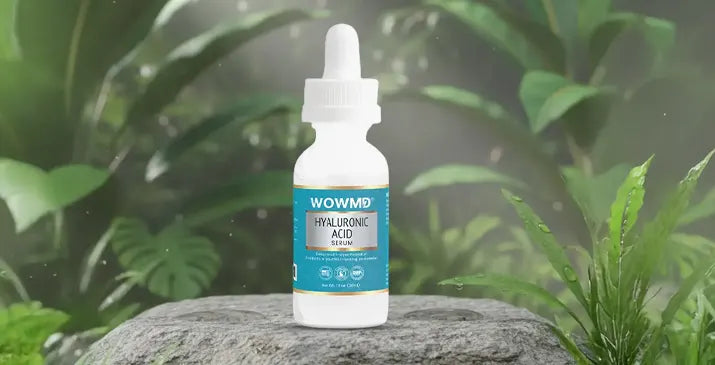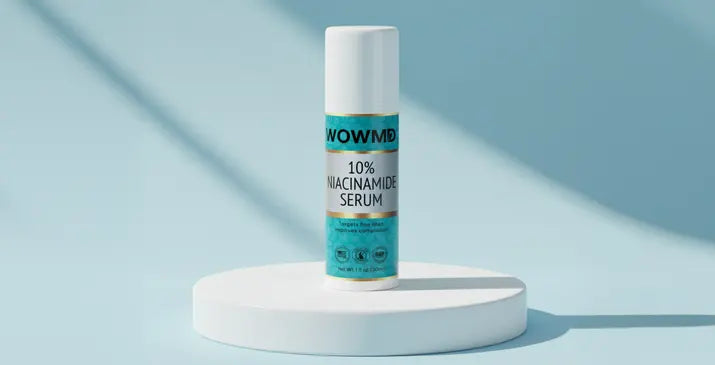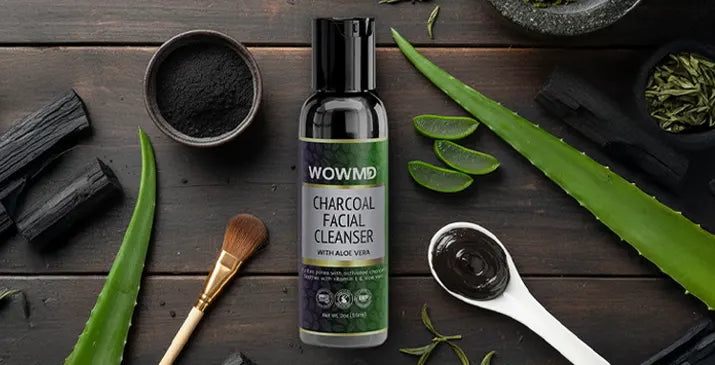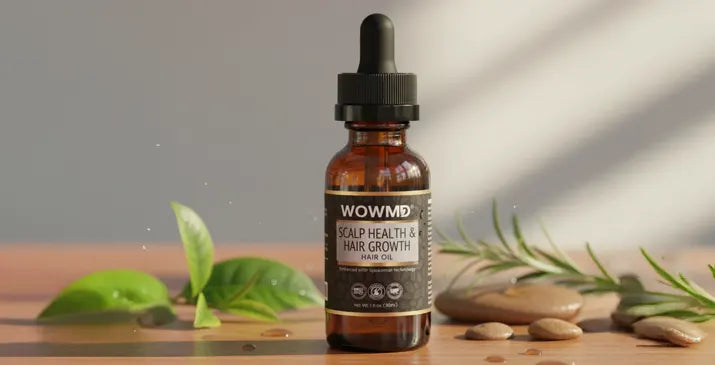Zinc Deficiency: Symptoms, Causes, and How to Treat It Effectively
Zinc deficiency can impact your skin, immune system, and cognitive health. Discover its causes, symptoms, and how to restore balance with proper treatment.
Advertiser Disclosure: WOWMD independently vets all recommended products. If you purchase a featured product, we may be compensated. Learn why you can trust us.
You May Also Like
Popular Stories
- Superfood Greens Powder Uses & Recipes
- The Best Beef Tallow Products for Radiant Skin: A 2026 Guide
- Holy Basil : Ayurveda’s Herb for Balance, Immunity & Everyday Calm
- Best Gel Moisturizers for Hydration & Skin Care in 2026
- 7 Best Effective Supplements for Improving Bladder and Prostate Health in 2026
- 4 Best Cooling Gels for Skin and Body: Instant Refreshment and Relief
References
WOWMD follows strict sourcing guidelines to ensure the accuracy of its content, outlined in our editorial policy. We use only trustworthy sources, including peer-reviewed studies, qualified experts, and information from top institutions.
- Zinc in Human Health: Effect of Zinc on Immune Cells - https://molmed.biomedcentral.com/articles/10.2119/2008-00033.Prasad
- Zinc in Wound Healing Modulation https://doi.org/10.3390/nu10010016
- Zinc in the Brain: Friend or Foe?- https://www.mdpi.com/1422-0067/21/23/8941
- Zinc and its importance for human health: An integrative review - https://pmc.ncbi.nlm.nih.gov/articles/PMC3724376/
- Zinc and Skin Disorders - https://www.mdpi.com/2072-6643/10/2/199
- Zinc and gastrointestinal disease - https://www.wjgnet.com/2150-5330/full/v5/i4/496.htm
- Clinical Significance of Trace Element Zinc in Patients with Chronic Kidney Disease - https://www.mdpi.com/2077-0383/12/4/1667
- Development, Prevention, and Treatment of Alcohol-Induced Organ Injury: The Role of Nutrition - https://pmc.ncbi.nlm.nih.gov/articles/PMC5513692/
- Urinary zinc excretion, diuretics, zinc deficiency and some side-effects of diuretics - https://pubmed.ncbi.nlm.nih.gov/6359484/
- Supplemental Zinc Lowers Measures of Iron Status in Young Women with Low Iron Reserves - https://www.sciencedirect.com/science/article/pii/S0022316622152387
- The effect of inflammation on serum zinc concentrations and the prevalence estimates of population-level zinc status among Congolese children aged 6-59 months - https://pubmed.ncbi.nlm.nih.gov/28832571/
- Zinc - https://ods.od.nih.gov/factsheets/Zinc-Consumer/
- Zinc - https://www.mayoclinic.org/drugs-supplements-zinc/art-20366112
 Alpha Man Power Pack
Alpha Man Power Pack All-Day Fat Burn Trio
All-Day Fat Burn Trio Better Immunity Bundle
Better Immunity Bundle  Calm & Sleep Duo
Calm & Sleep Duo Cognitive Health & Vision Combo
Cognitive Health & Vision Combo Complete Weight Loss Bundle
Complete Weight Loss Bundle Core Vitality Trio
Core Vitality Trio Energy Booster Combo
Energy Booster Combo Focus Fuel Trio
Focus Fuel Trio Glow & Balance Duo
Glow & Balance Duo Health Balance Trio
Health Balance Trio Heart Care Bundle
Heart Care Bundle Joint Health Support Combo
Joint Health Support Combo Men's Immunity & Prostate Health Bundle
Men's Immunity & Prostate Health Bundle Metabolism Boost Duo
Metabolism Boost Duo Natural Skin Care Bundle
Natural Skin Care Bundle Peak Performance Duo
Peak Performance Duo Relax & Recharge Duo
Relax & Recharge Duo Skin Detoxification Bundle
Skin Detoxification Bundle Smart Energy Trio
Smart Energy Trio Stress + Energy + Wellness Combo
Stress + Energy + Wellness Combo  Total Burn Ignite Trio
Total Burn Ignite Trio Total Harmony Pack
Total Harmony Pack Workout Supplements Combo
Workout Supplements Combo